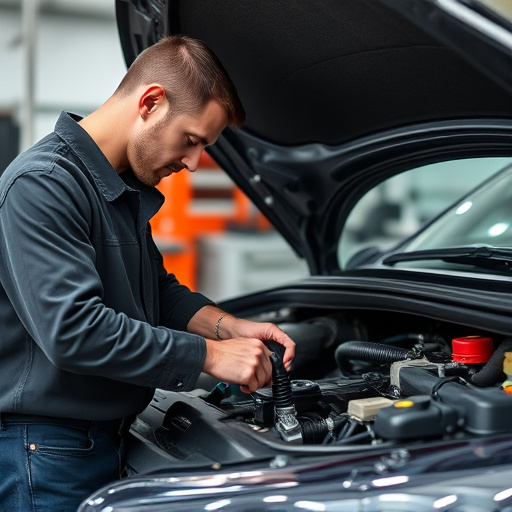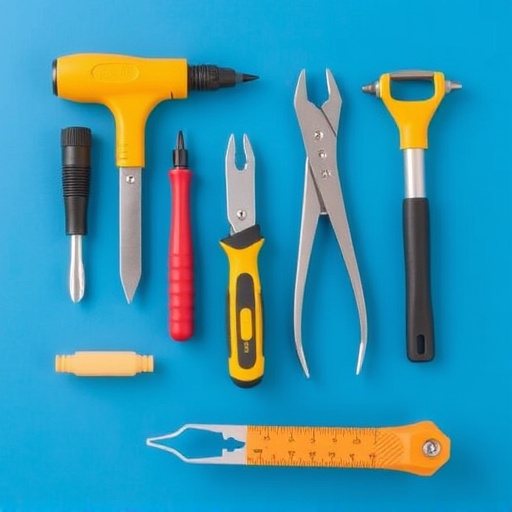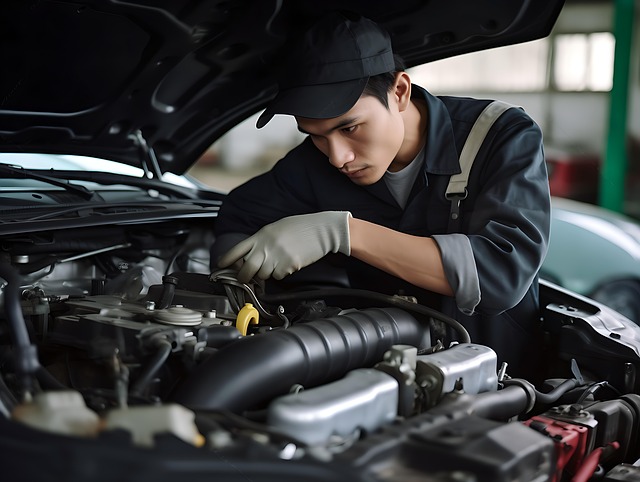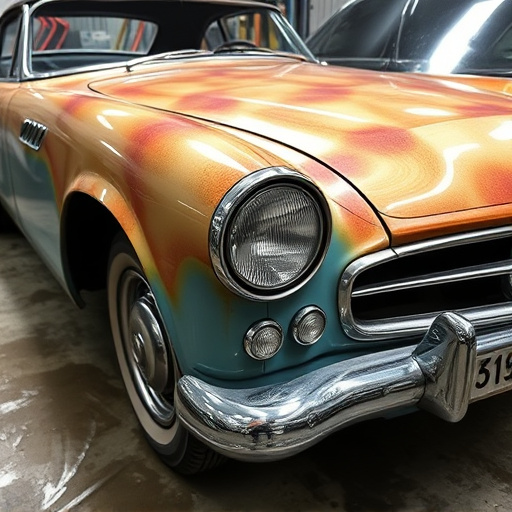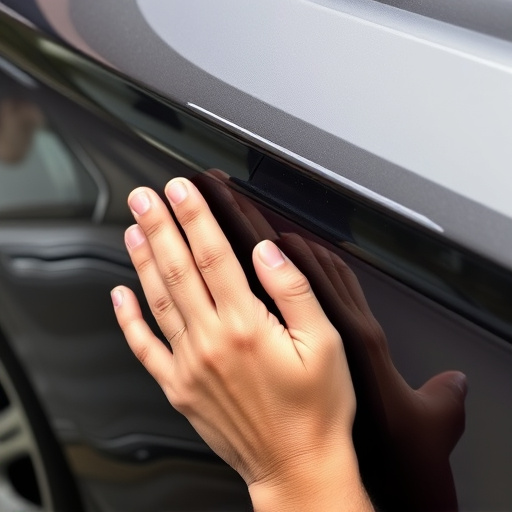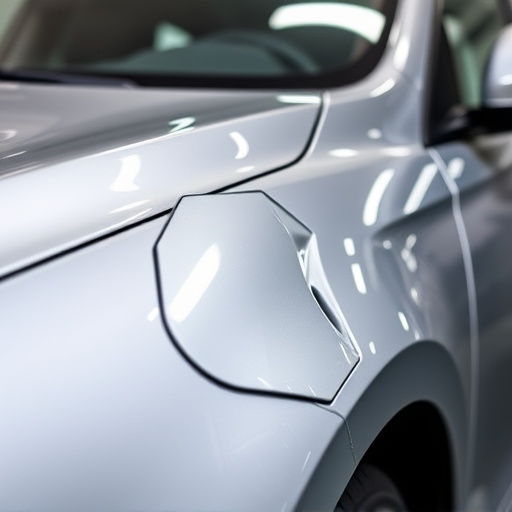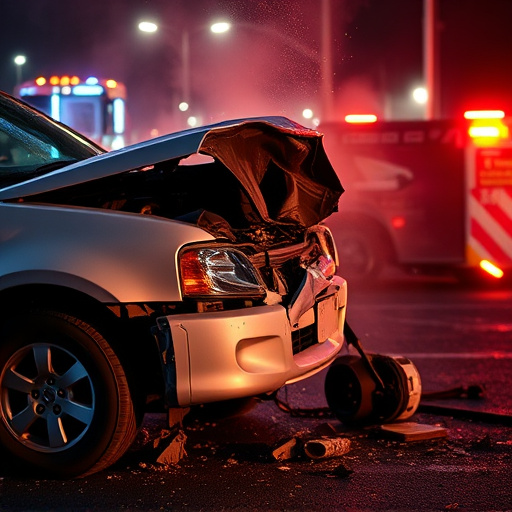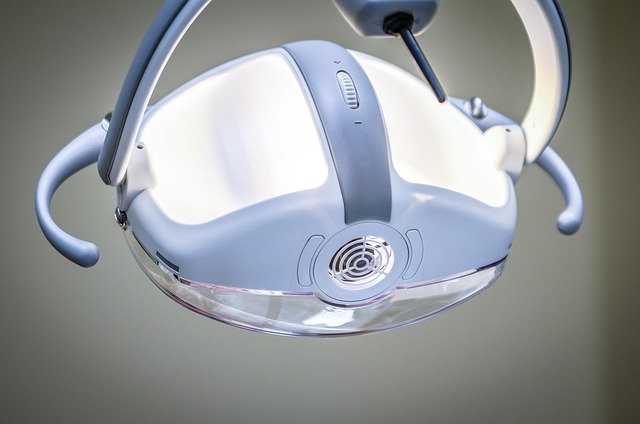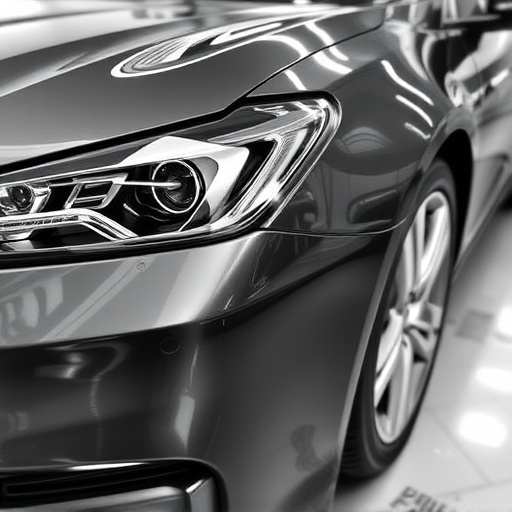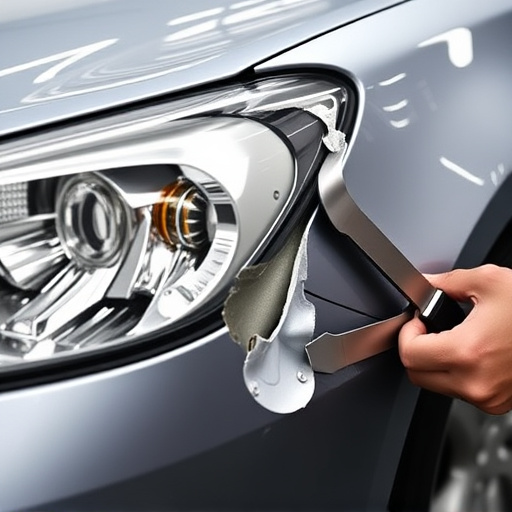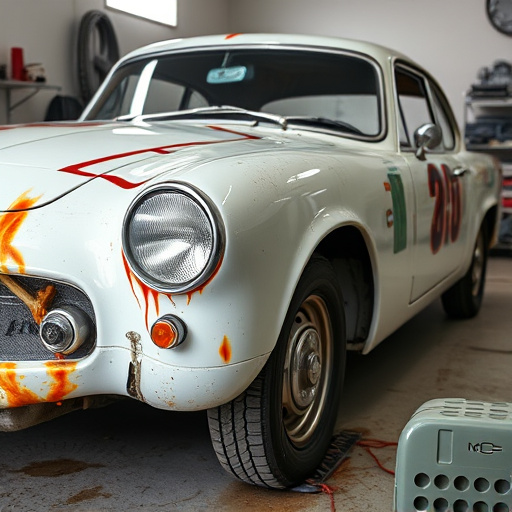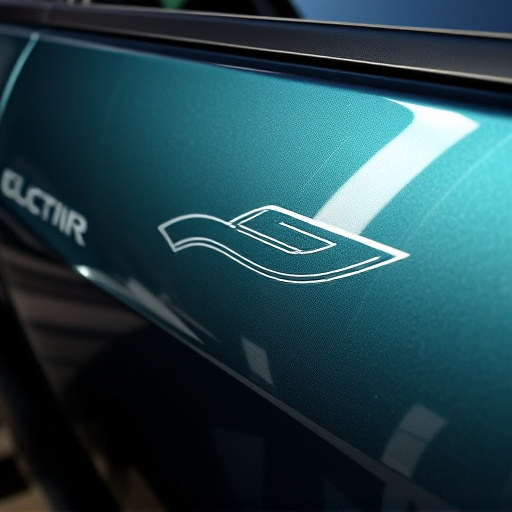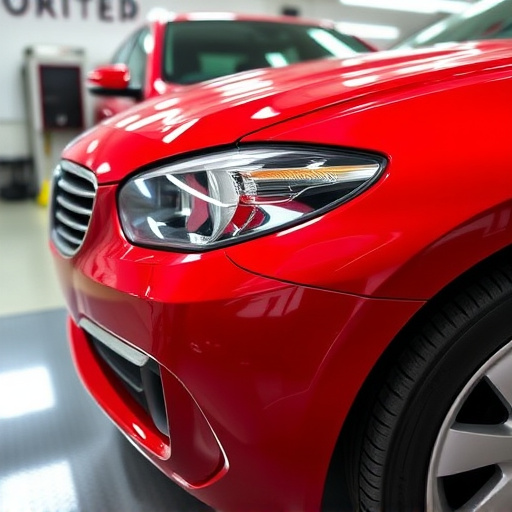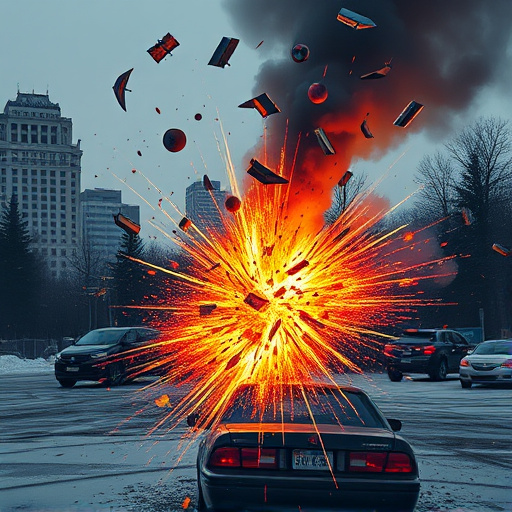Software licensing plays a critical role in replacing the Mercedes MBUX system, dictating customization options and functionality. Proprietary licenses restrict modifications and require confidentiality, while open-source licenses offer more flexibility but still have terms to comply with. Auto repair shops must understand these licenses to ensure legal repairs, avoid complications, and maintain vehicle operational integrity during replacements or upgrades, especially for collision repairs involving the MBUX system.
The Mercedes MBUX (Mercedes-Benz User Experience) system, a cornerstone of modern luxury vehicles, is highly sophisticated software. However, its replacement involves navigating intricate software licensing agreements. This article delves into how various software licenses impact the process, focusing on Mercedes’ specific restrictions. We’ll explore different license types, their implications for MBUX replacements, and essential legal considerations to ensure compliance while upgrading this critical in-car technology.
- Understanding Software Licensing and its Impact on MBUX Replacement
- Types of Licenses and Their Restrictions in Mercedes Systems
- Navigating Legalities: Replacing MBUX While Adhering to Licensing Agreements
Understanding Software Licensing and its Impact on MBUX Replacement
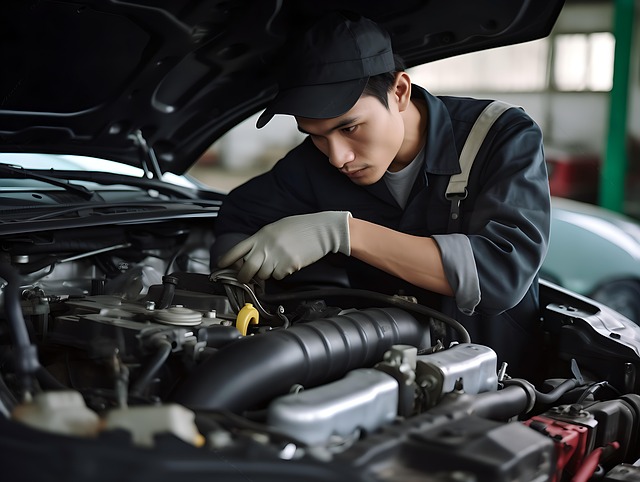
Understanding Software Licensing and its Impact on Mercedes MBUX System Replacement
Software licensing plays a pivotal role in navigating the process of replacing the Mercedes MBUX system, especially when considering the intricate relationship between the car’s operational software and its overall functionality. Each software license comes with specific terms and conditions that dictate how the code can be modified, distributed, or reused. For instance, some licenses allow for extensive customization, enabling car manufacturers to tailor the MBUX system to suit diverse market needs. However, others may restrict certain functionalities, particularly in terms of reverse-engineering or creating derivative works, which could hamper efforts to replace or enhance core components of the system.
When undertaking a Mercedes MBUX system replacement, whether for repairs, upgrades, or car restoration purposes, it’s crucial to understand these licensing constraints. Failure to comply with software licenses can lead to legal issues and potential delays in the replacement process. Therefore, professionals involved in car bodywork, fender repair, or similar tasks must exercise due diligence in acquiring the appropriate licenses and ensuring they adhere to the associated restrictions. This approach guarantees both the legality of the replacement and the preservation of the vehicle’s operational integrity.
Types of Licenses and Their Restrictions in Mercedes Systems

Mercedes-Benz’s MBUX system is a complex piece of software that comes with various licensing restrictions. Understanding these licenses and their implications is crucial when considering a Mercedes MBUX system replacement, especially for collision repair centers offering auto repair services. The types of licenses range from proprietary to open-source, each with its own set of conditions and limitations.
Proprietary licenses, common in the automotive industry, restrict the use of software to authorized users only, often requiring agreements to keep the code confidential. This can make replacing or modifying the MBUX system challenging without proper authorization from Mercedes-Benz. In contrast, open-source licenses allow for greater flexibility, enabling developers and repair centers to access, modify, and distribute the code freely. However, this also means ensuring compliance with any additional terms and conditions associated with the specific license. For car dent repair or more extensive collision repair work involving MBUX, navigating these licensing restrictions is vital to provide reliable and legal auto repair services.
Navigating Legalities: Replacing MBUX While Adhering to Licensing Agreements

When considering a Mercedes MBUX system replacement, navigating the legalities involved is crucial. Software licensing agreements play a significant role in ensuring that any modifications or replacements adhere to the original terms and conditions set by the manufacturer. For vehicle repair shops and collision repair centers offering MBUX upgrades or replacements, understanding these licenses is essential.
This process requires careful consideration of each step in the replacement procedure. Auto body painting and installation procedures must align with the software’s licensing requirements to avoid any legal complications. Reputable repair centers prioritize adhering to these agreements, as they protect both the business and the customer, ensuring a smooth and legally compliant vehicle restoration experience.
Software licensing plays a pivotal role in determining how seamlessly or rigorously the replacement of the Mercedes MBUX system can be conducted. Understanding these licenses and their restrictions is essential for any individual or organization looking to navigate the legalities involved in replacing this complex automotive software. By carefully considering the types of licenses, their limitations, and adhering to the terms set forth by these agreements, it’s possible to ensure a smooth replacement process while respecting intellectual property rights.
